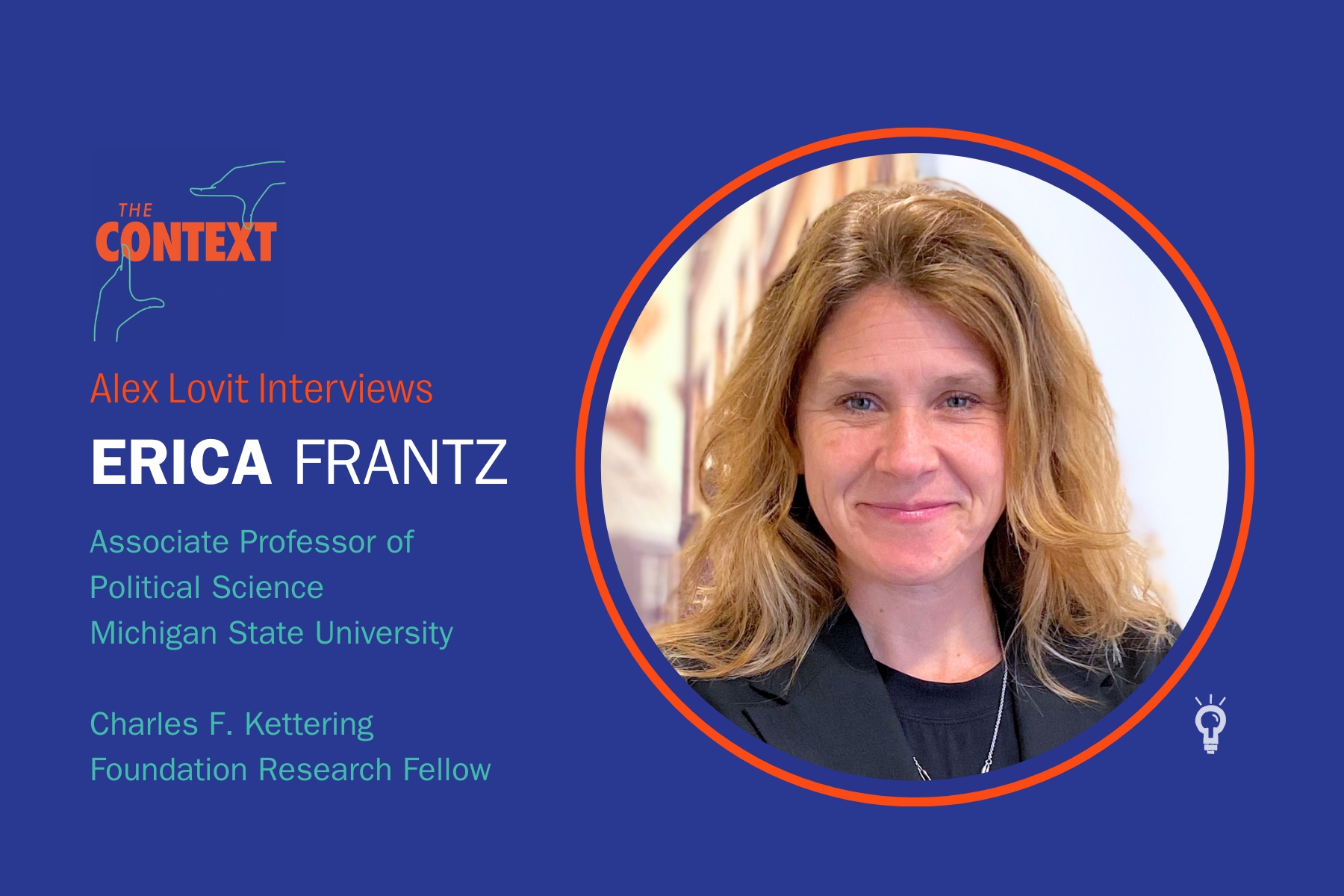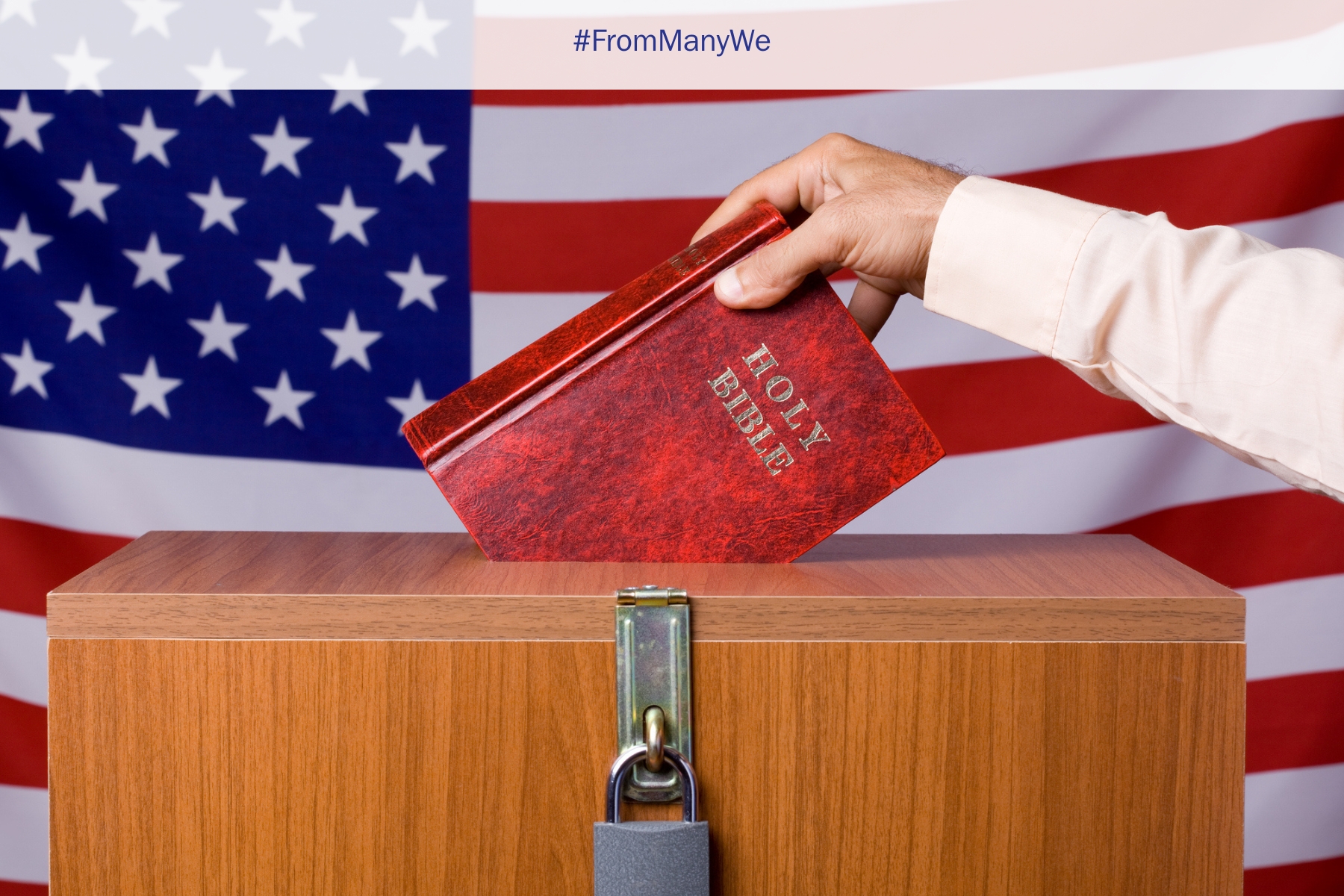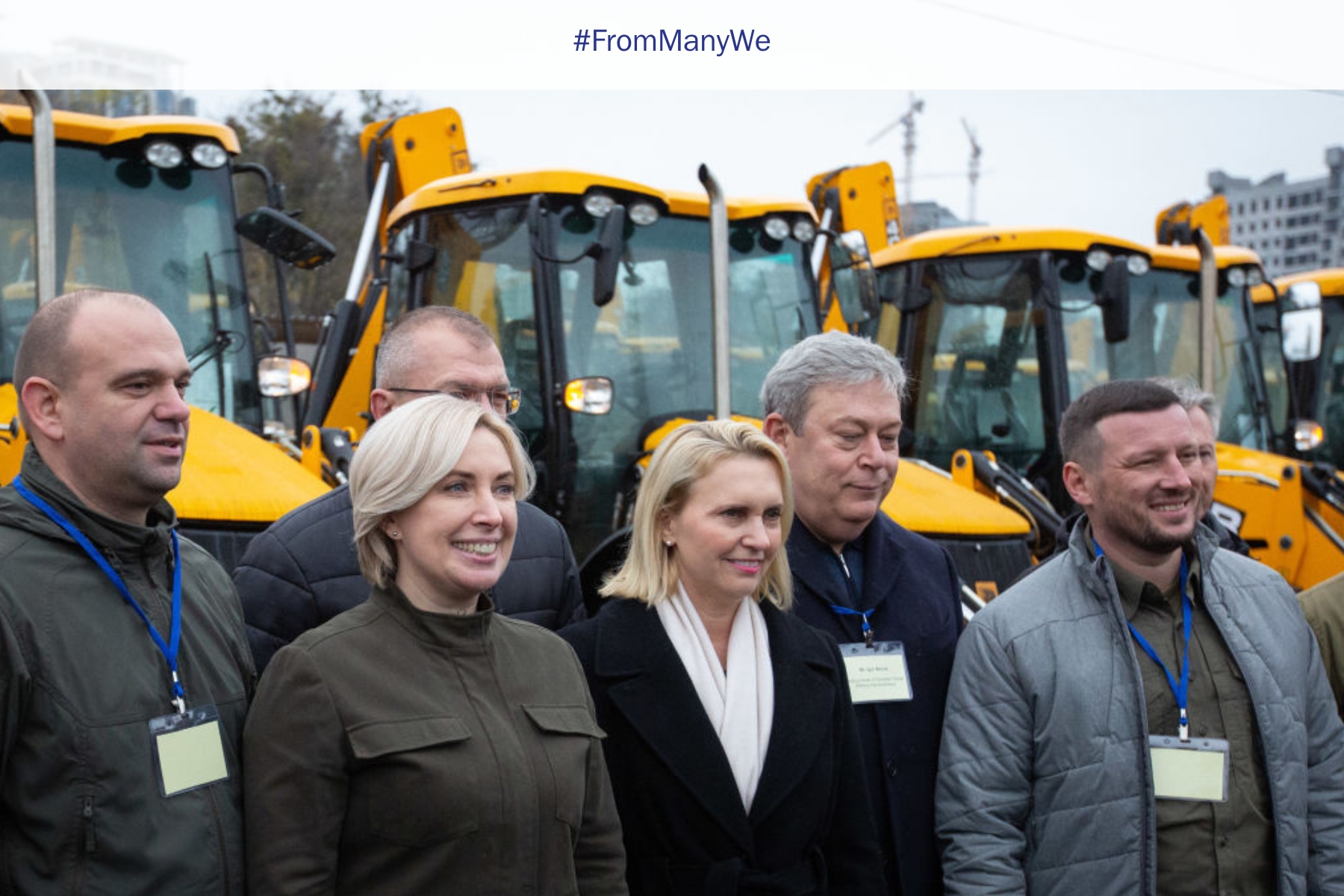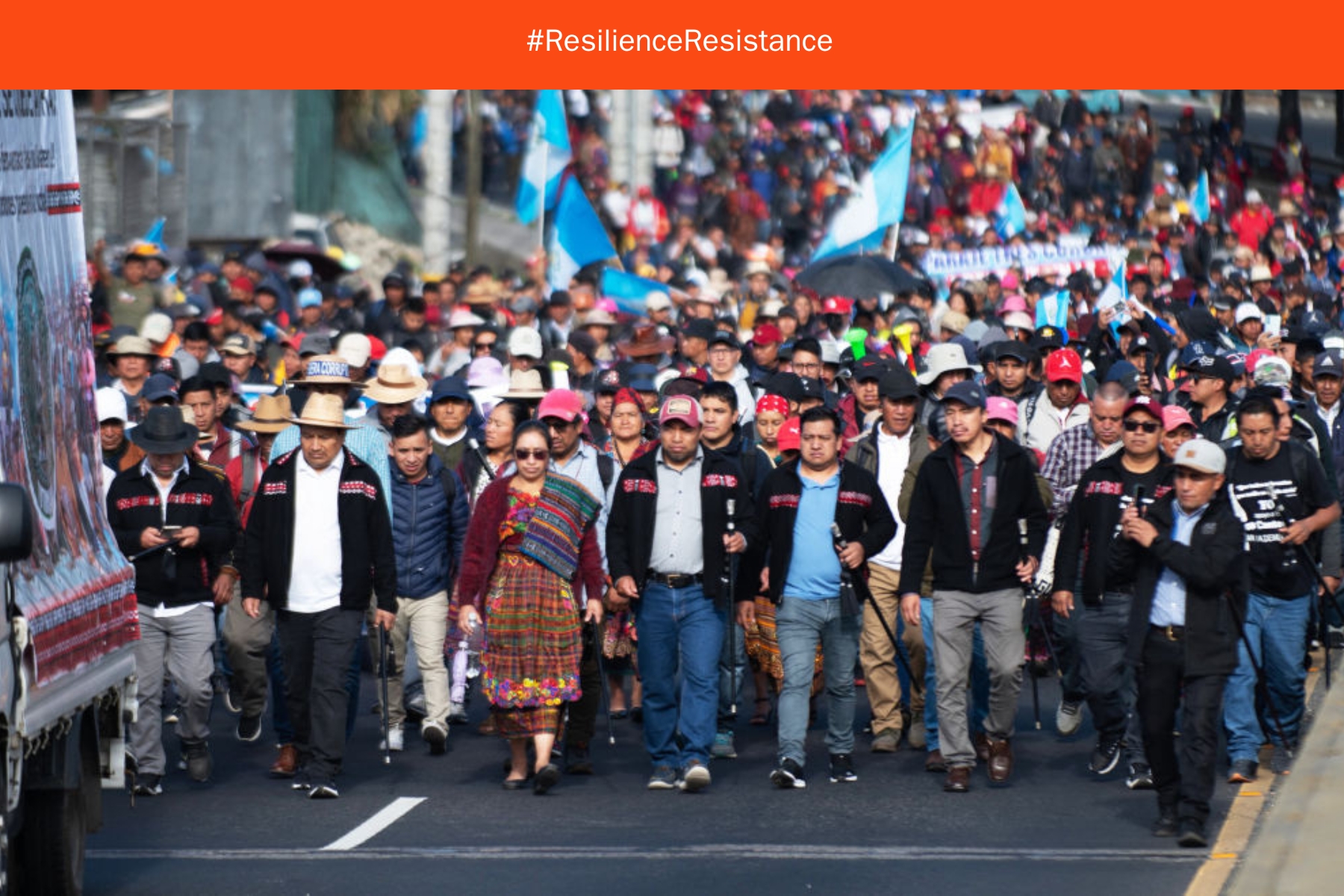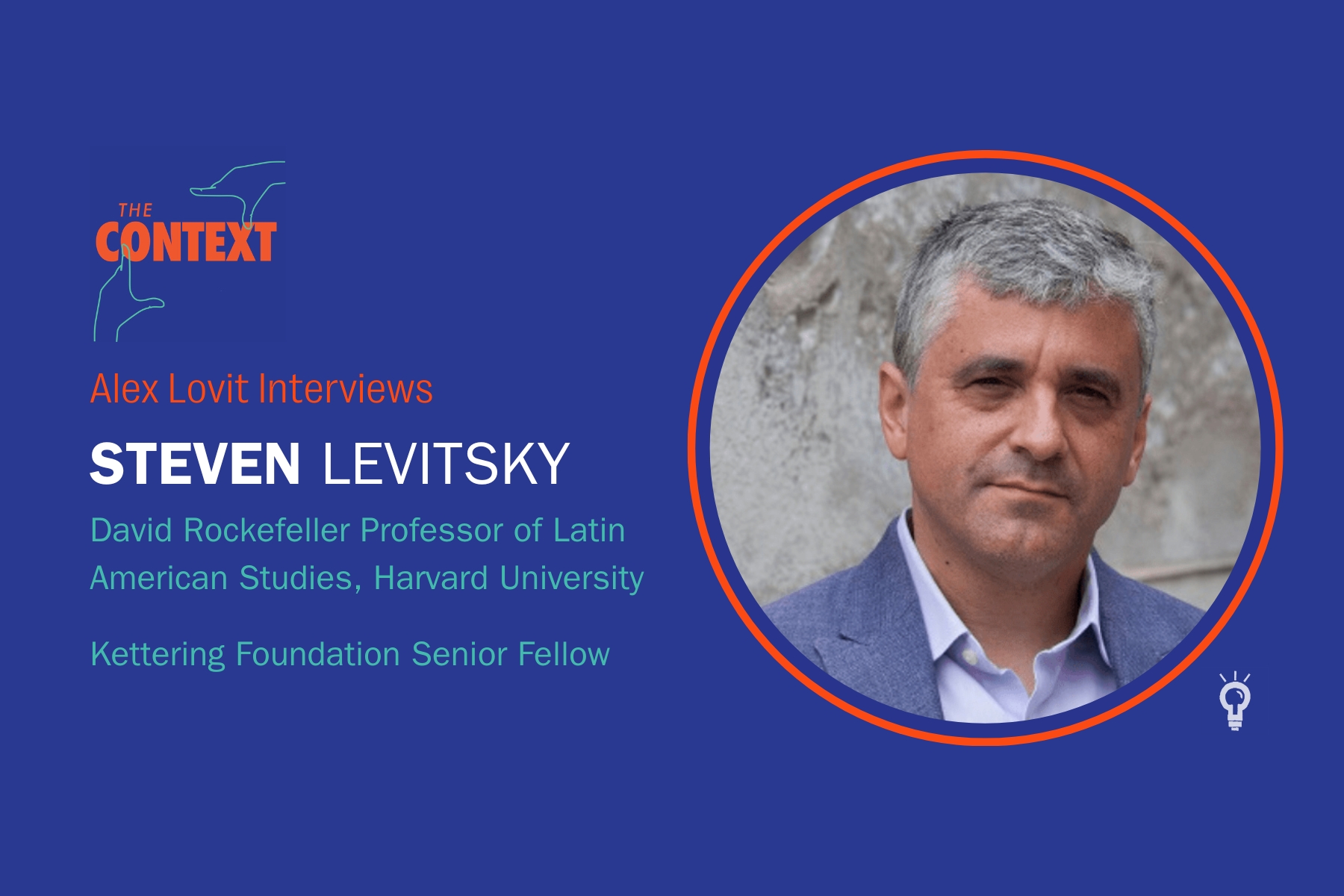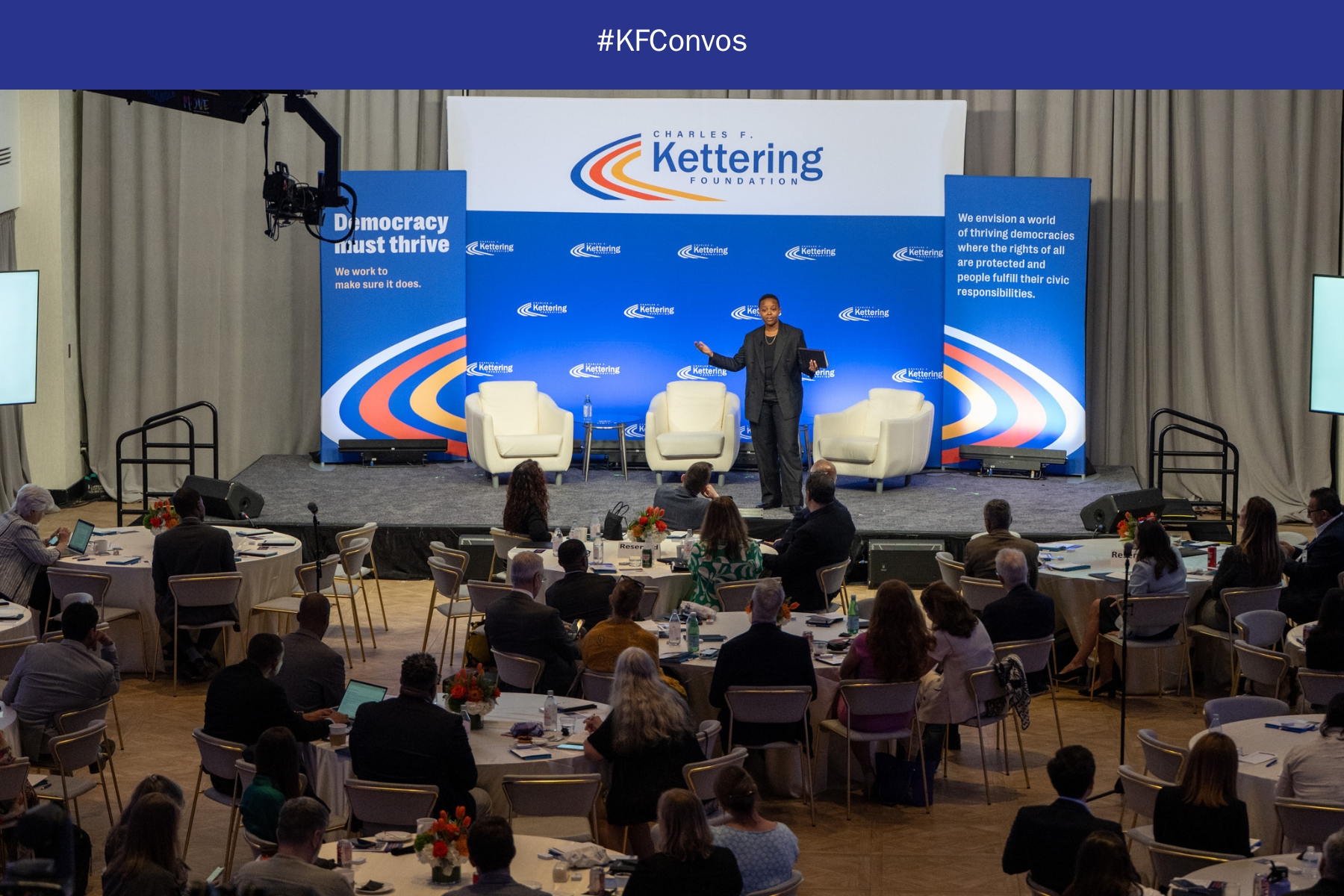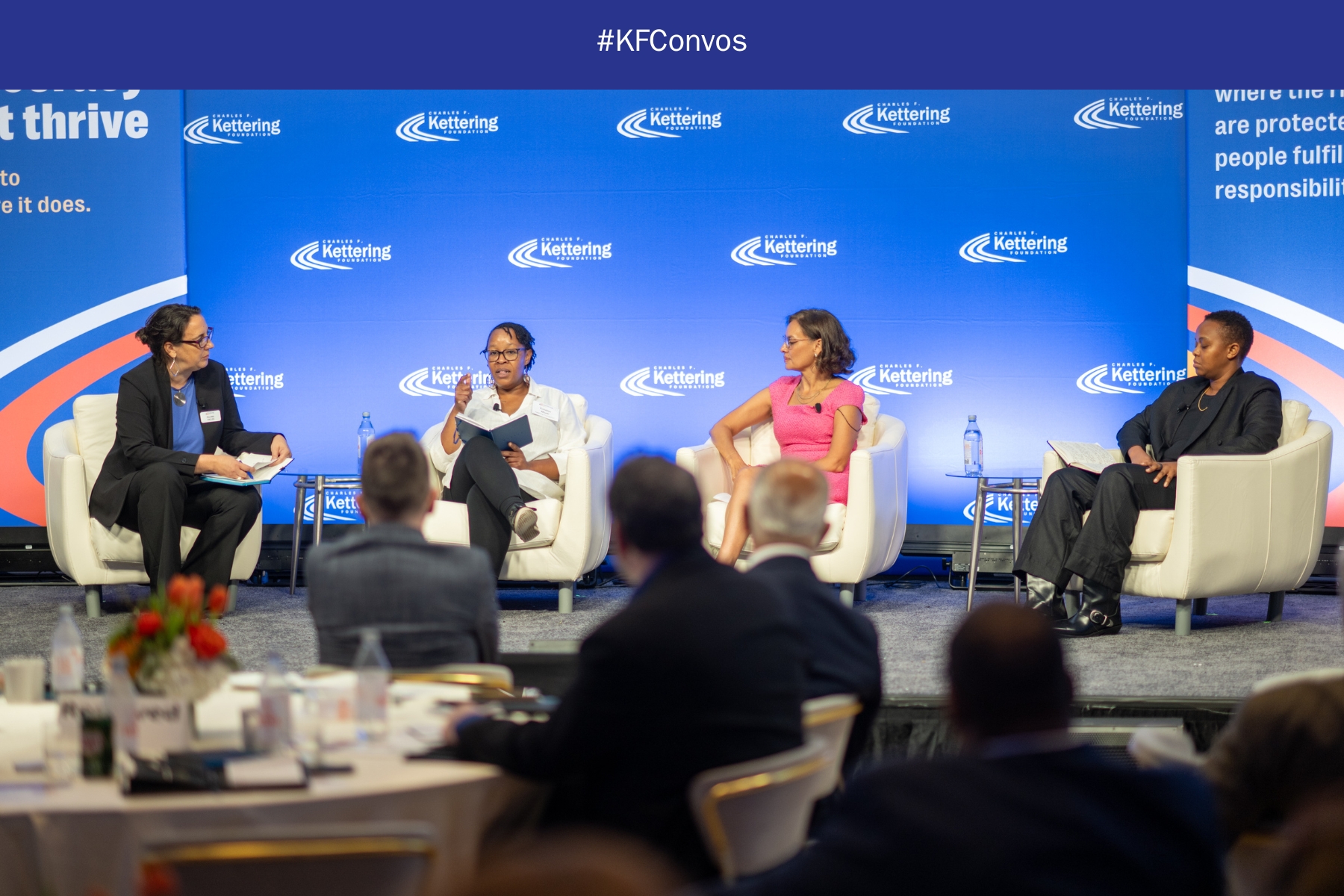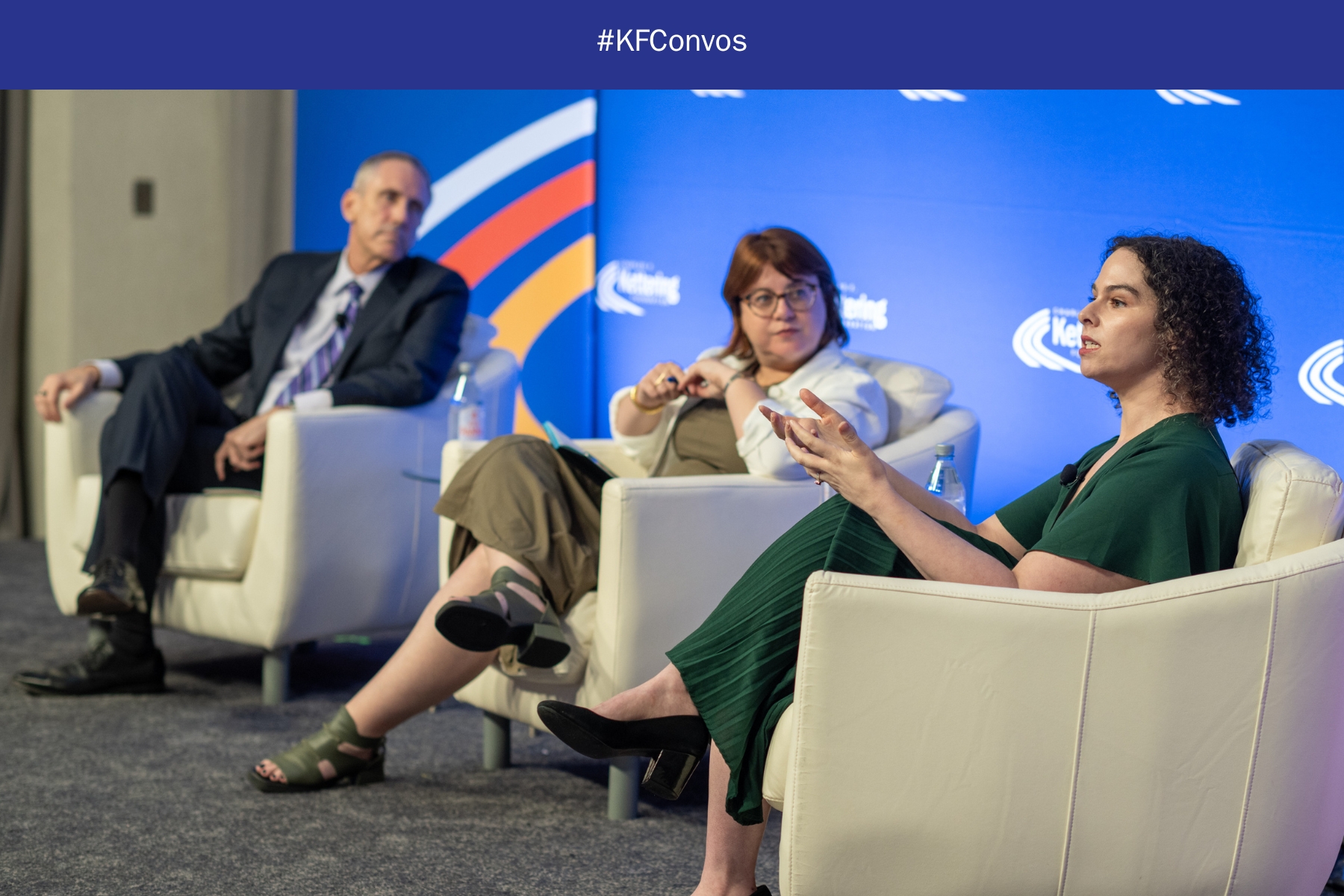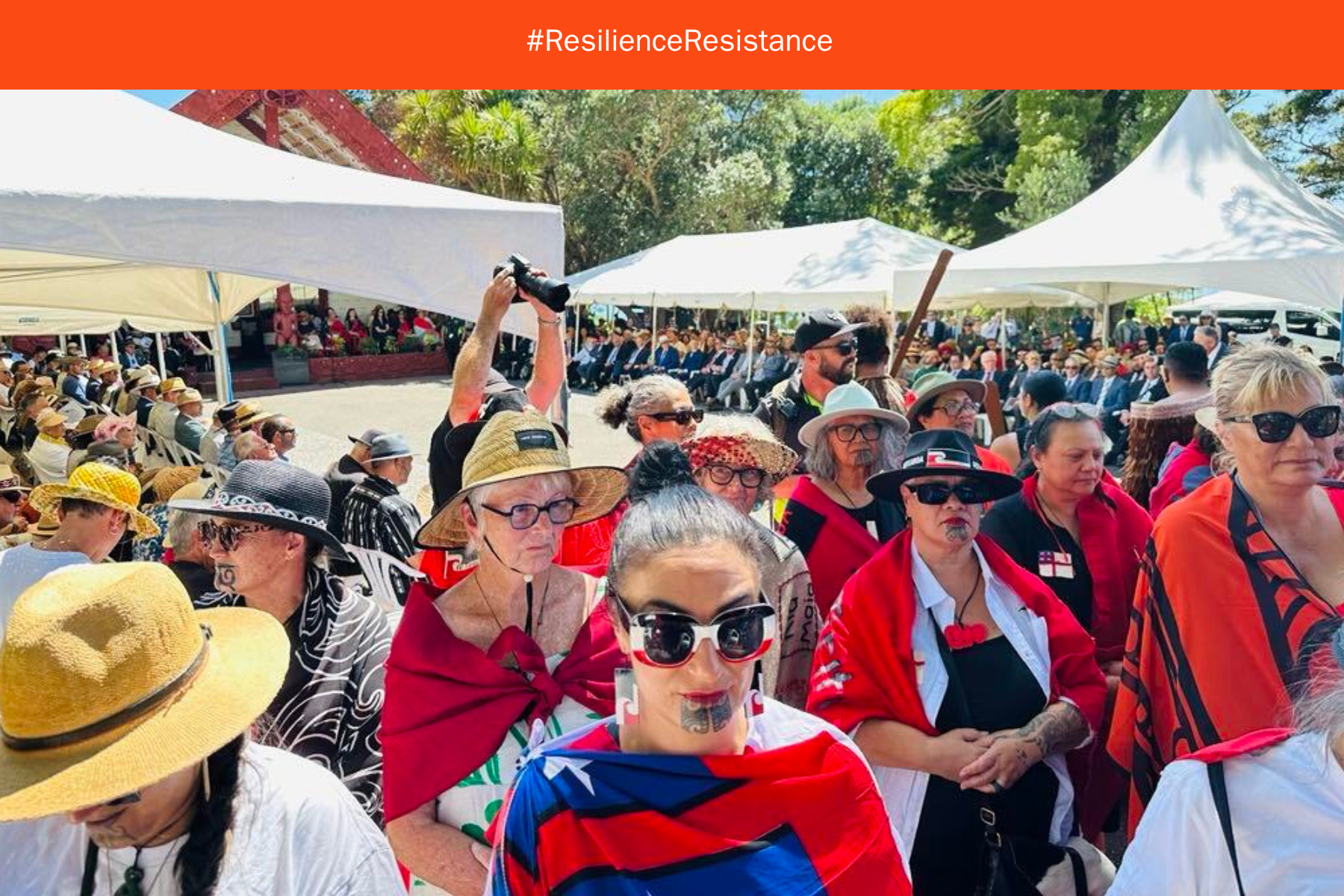Seven Crucial Reasons Academic Freedom Is Essential to Democracy
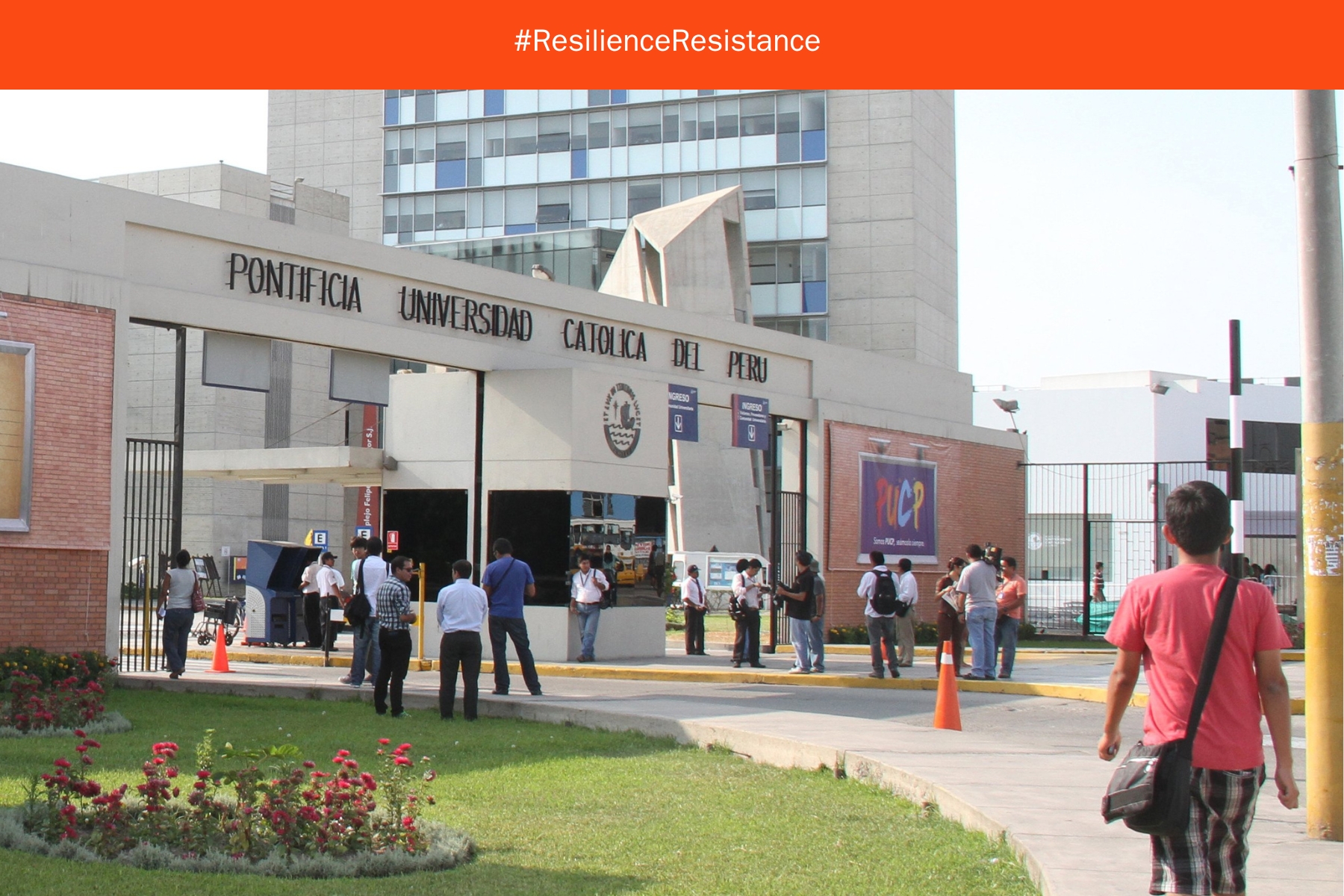
In February of this year, two students from Russia’s Saint Petersburg State University of Telecommunications were sentenced to five days in jail after chanting pro-Ukrainian slogans on campus. They were alerted by a university official, and a court found them guilty of promoting extremist symbols citing the classification of “Glory to Ukraine” as Nazi propaganda.
That same month saw student unrest at the Institute of Applied Technical Studies in the Democratic Republic of Congo. Opposing the institution’s tuition increase and a new requirement that payment must be in US dollars, students broke windows and barricaded campus entrances. Police responded with both physical force and gunfire.
And in the United States, the US Department of Homeland Security (DHS) revoked Harvard University’s certification for the Student Exchange and Visitor Program after university leadership refused to hand over student records. Part of an ongoing legal dispute over institutional autonomy, DHS Secretary Kristi Noem described the move as part of a growing effort to pressure the university, which had already seen more than $2 billion in research funding frozen.
Attacks on academic freedom like these signal broader patterns of democratic erosion, repression, and censorship. When universities punish students for political expression, regimes not only erode academic freedom but also tighten their grip on the country’s narrative. When authorities crack down on protests violently, it is not just academic freedom at risk but the perspectives behind opposing voices. Imposing political agendas on academic institutions and forcing them to conform to an administration’s values to secure their financial survival will result in universities losing both their credibility and the freedom to pursue the knowledge and innovation needed to carry a society forward. As the above incidents show, when academic freedom is under threat, democracy itself is at risk.
Here are seven reasons why academic freedom is essential to a thriving democracy:
1. Academic freedom protects the right to learn, teach, and question.
This right ensures that students and scholars can teach, study, research, and share ideas—even those with controversial content—without fear of censorship or punishment. It ensures that universities remain spaces for open inquiry, not ideological control. This freedom is foundational in any society in that it protects knowledge, progress, and truth.
2. Institutional autonomy safeguards democracy.
Universities must have the independence to govern their curriculum, leadership, funding, and hiring without interference. Free from political, religious, or financial pressure, these institutions can serve the public interest rather than narrow agendas. Autonomy is vital for high-quality, socially relevant education and research.
3. Academic freedom reinforces other human rights.
Academic freedom supports the right to education, gender equality, freedom of religion, freedom of expression, and access to scientific knowledge. These rights are interconnected, and undermining one weakens and endangers the others.
4. Safe spaces for students and scholars empower society.
Campuses must be places where questioning injustice is not only allowed but also protected. For feminist scholars like Colombia’s Mónica Godoy, academic freedom means the right to challenge centuries of gender inequality without fear of backlash. When institutions fail to provide this protection, society loses voices that are essential to justice and progress.
5. Students are catalysts for democratic change.
Academic freedom gives students the power to organize, protest, and speak truth to power. That is why student movements are often targeted by authoritarian regimes. Across the world, students are mobilizing against issues like gender-based violence, authoritarianism, and state repression, often at great personal risk. Their ability to act depends on academic freedom.
6. Research keeps governments accountable.
Independent, rigorous research sheds light on injustice, assesses public policy, and supports democratic reform. Estela Rivero, a researcher from Mexico, explains how academics in Central America have faced threats, surveillance, and criminalization for exposing uncomfortable truths. When governments silence researchers, society loses the insights and innovations needed to move forward.
7. Silencing academics silences the public.
When scholars are punished for publishing research or speaking to the media—as seen in Venezuela and Nicaragua during the pandemic—it is not just the rights of scholars that are being violated. The public loses access to life-saving knowledge. Elthon Rivera, expelled from his university in Nicaragua and forced into exile, reminds us that critical thinking, public debate, and dissent are vital to democratic life. Without them, authoritarianism thrives.
We Must Act
Academic freedom does not sustain itself. As expressed by Kwadwo Appiagyei Atua, a professor from Ghana, it rises and falls alongside democracy. It must be defended—within universities and beyond. Human rights advocates must recognize academic freedom as a core issue and work to defend it.
There are simple things that you can do to help defend and academic freedom: Share these stories. Raise your voice when students and scholars are silenced. Join the fight to protect truth-seeking. Without academic freedom, democracy cannot survive.
For more information about the challenges to academic freedom, subscribe to the “Academic Freedom In Mind” YouTube channel to hear from more from Godoy, Rivero, Rivera, Atua, and others from around the globe.
A Colombian social researcher living in Montreal, Catalina Arango Patiño holds a master’s in communications and media studies from the University of Ottawa. She has led research projects in the US, Canada, and Colombia on human rights and the role of information, communication, and technology in diaspora communities. Currently, she works as a consultant on academic freedom across the Americas.
Resilience & Resistance is a Charles F. Kettering Foundation blog series that features the insights of thought leaders and practitioners who are working to expand and support inclusive democracies around the globe. Direct any queries to globalteam@kettering.org.
The views and opinions expressed by contributors to our digital communications are made independent of their affiliation with the Charles F. Kettering Foundation and without the foundation’s warranty of accuracy, authenticity, or completeness. Such statements do not reflect the views and opinions of the foundation which hereby disclaims liability to any party for direct, indirect, implied, punitive, special, incidental, or other consequential damages that may arise in connection with statements made by a contributor during their association with the foundation or independently.
